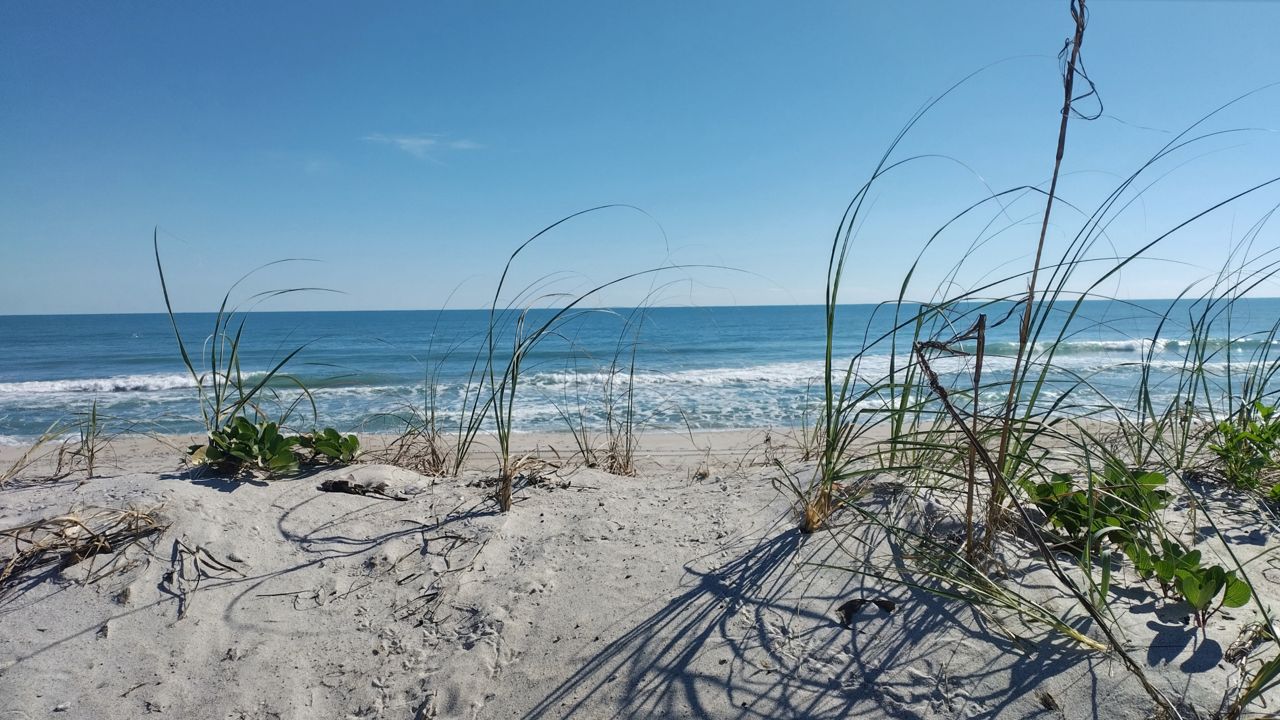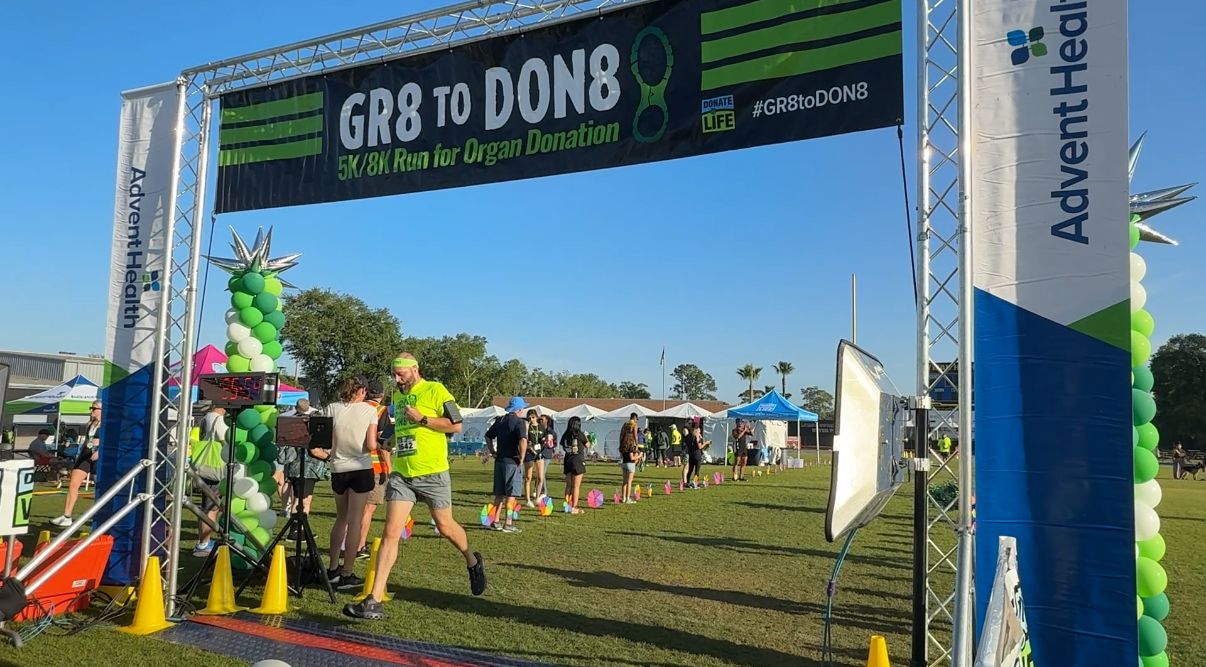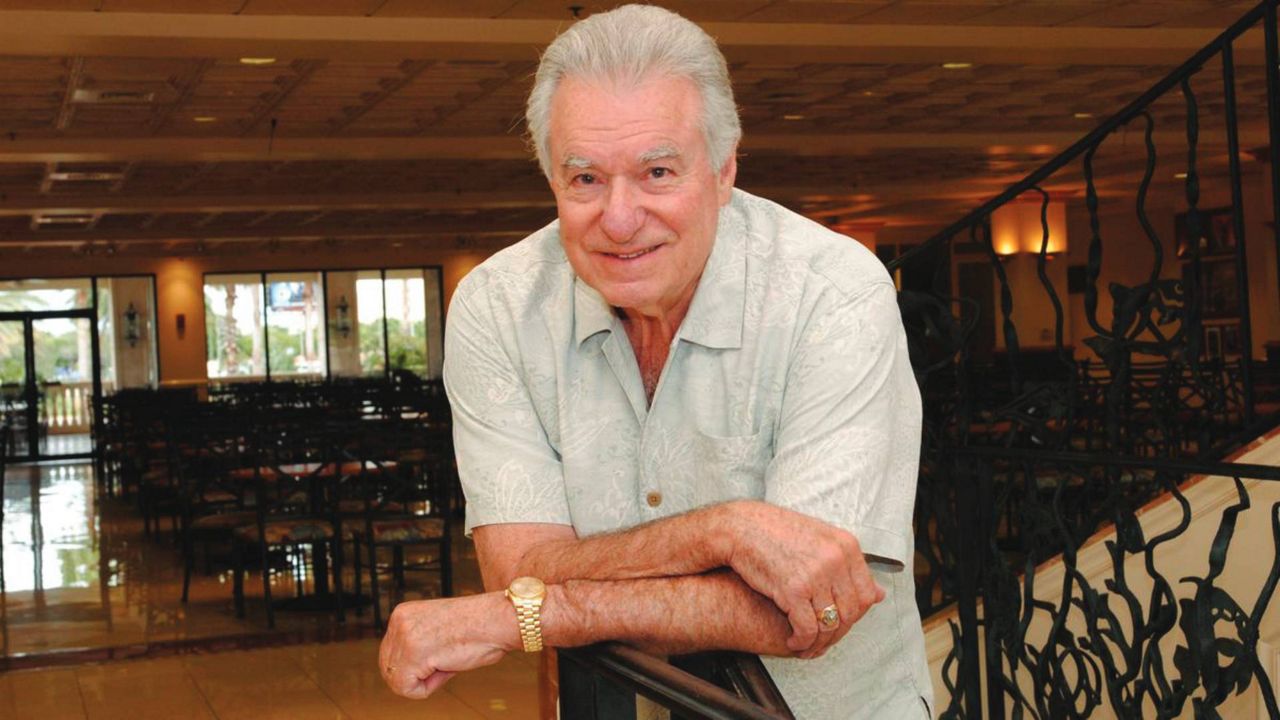ORANGE COUNTY, Fla. — Orange County’s board of commissioners approved a motion that will enact changes to comply with the state’s homelessness law, House Bill 1365.
The ordinance deems it illegal for people to sleep or camp in public places overnight.
Since Jan. 1, residents, business owners and even the attorney general can sue the county if they feel it’s not complying with the state law.
By approving those changes, the county is shielding itself from any potential lawsuits.
But not everyone was on board with the decision, saying that it brings Orange County one step closer to criminalizing homelessness.
“It is not the county’s intent to criminalize homelessness, the [Board of County Commissioners] BCC’s intent with this ordinance is to achieve compliance,” said Dylan Schott, the assistant county attorney for Orange County.
While county and law enforcement officials agree with the idea of compliance, they also say arrests should be a last resort.
During Tuesday’s county council meeting, they reiterated various times that the focus should be on educating the homeless regarding available services and resources from the county, the private sector and various nonprofits.
Orange County Mayor Jerry Demings stood firm on his belief that the county has made significant progress to help the homeless population.
“That $56.5 million funding that we allocate is significantly more than any of the local governments within our region,” Demings said.
He said it’s up to others outside of the government realm to help bring solutions to the table.
However, Eric Gray, the executive director of the Christian Service Center for the Homeless, said that approach is unrealistic.
“We need churches and charities to get involved in this issue. Well, my comment to that is that’s like asking the churches and charities to buy police vehicles for the police department. It’s not a church and charity issue; this is an emergency management issue,” Gray said.
Matthew Grocholske understands firsthand what it’s like to be unhoused.
The Orlando resident became homeless in 2023 and could only sleep in his car or on other people’s couches.
Now, he’s advocating for those who don’t have the same privilege he said he once had, since HB 1365 excludes people sleeping in their cars and those camping recreationally.
“They unfortunately have to sleep under overpasses with almost hundreds of other people alongside them, potentially in sleeping bags, but sometimes they don’t have a sleeping bag,” Grocholske said.
A big question that many have been seeking an answer to is what happens to those homeless individuals sleeping underneath I-4 overpasses.
“If someone were engaged in public camping or sleeping on state property, that would not be a violation of the statute,” Schott said.
And since the interstate overpasses belong to the Florida Department of Transportation, the county ordinance won’t affect those who sleep underneath them.
County officials said they will come back to the drawing board in a few months to provide a report to the board on the trends they’re seeing, including the number of complaints they receive following the approval of the ordinance.











